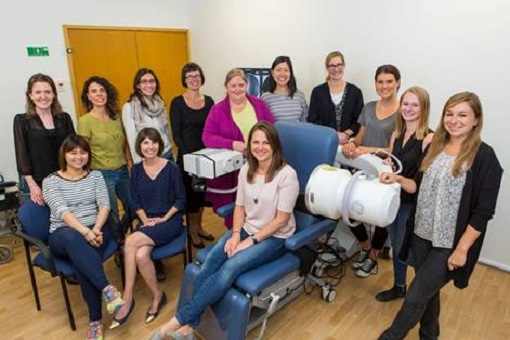A New Zealand population-based case-control study on occupational exposure to electric shocks, extremely low-frequency magnetic fields (ELF-MF) and motor neurone disease using job-exposure matrices to assess exposure.
American Journal of Epidemiology
Published October 2020
DOI:10.1093/aje/kwaa214
Authors: Grace X Chen, Andrea’t Mannetje, Jeroen Douwes, Leonard H Berg, Neil Pearce, Hans Kromhout, Bill Glass, Naomi Brewer, Dave J McLean
This study assessed associations with occupational exposure to electric shocks, extremely low-frequency magnetic fields (ELF-MF) and motor neurone disease using job-exposure matrices to assess exposure. New Zealand participants were recruited between 2013 and 2016. Associations with ever/never, duration, and cumulative exposure were assessed using logistic regression adjusted for age, sex, ethnicity, socioeconomic status, education, smoking, alcohol consumption, sports, head or spine injury and solvents, and mutually adjusted for the other exposure. All analyses were repeated stratified by sex. An elevated risk was observed for having ever worked in a job with potential for electric shocks (odds ratio (OR)=1.35, 95% confidence interval (CI): 0.98, 1.86), with the strongest association for the highest level of exposure (OR=2.01, 95%CI: 1.31, 3.09). Analysis by duration suggested a non-linear association: risk was increased for both short-duration (<3 years) (OR= 4.69, 95%CI: 2.25, 9.77) and long-duration in a job with high level of electric shock exposure (>24 years; OR=1.88; 95%CI: 1.05, 3.36), with less pronounced associations for intermediate durations. No association with ELF-MF was found. The findings provide support for an association between occupational exposure to electric shocks and motor neurone disease but did not show associations with exposure to work-related ELF-MF.
The full article is available here.


